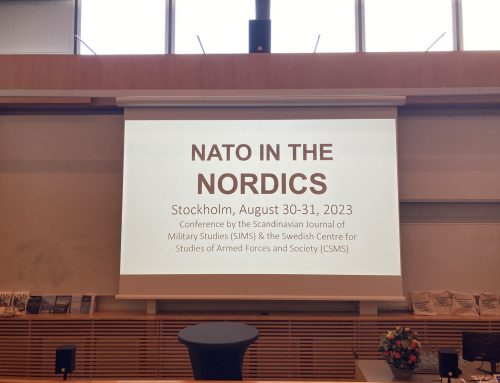Under the project “UNHCR Supply Chain Certification programme”, HUMLOG Institute aims to co-design and co-develop educational programmes jointly with UNHCR’s Global Learning Centre. The need for such a programme has evolved parallel with the development of new organizational career paths at UNHCR. The overall goal is to provide UNHCR staff with an advanced learning programme on Supply Chain Management, focusing on existing challenges in the areas of supply chain strategy and field operations. In addition, the participants will be familiarised with supply chain decision-making tools.
As part of the project, HUMLOG Institute and UNHCR have jointly developed extensive modules suitable for distant e-learning. UNHCR’s staff are often working in challenging conditions, and their learning environments may require lots of flexibility in terms of accessing and working with the learning materials. The first modules are currently being piloted with a batch of 40 enthusiastic learners during a 6-month period ranging from October 2017 to March 2018. The modules include diverse learning materials ranging from quizzes, reading materials, case studies and a final workshop. The themes of the pilot modules are: Procurement, Transportation and Warehouse inventory management. During the piloting of the programme, new modules are already being developed; including topics such as asset management and supply chain design. The evolving modules will be valuable additions to the certification programme starting from March, 2018.
Starting from the end of August 2017, both of us – Linda and Minchul – have been working as e-Tutors in the project. Being part of the project has provided an exciting opportunity to combine our interest towards pedagogy, and simultaneously deepening our understanding on issues related to the varied topics of humanitarian supply chain management. As e-Tutors, we have been reading and commenting on case study assignments submitted by the participants, and interacting with UNHCR professionals working in different parts of the world. While our theoretical knowledge on the matter justifies our position as tutors, it is obvious that we have also learnt a lot from the participants due to their extensive practical knowledge and insights. We believe this is a characteristic of a truly co-developed educational programme. Not only does the co-design and co-development take place in the crafting of the educational materials and case studies, but also at the level of online interaction. We are looking forward to having yet another co-learning experiences in the future within the certification programme!
Linda Annala & Minchul Sohn




